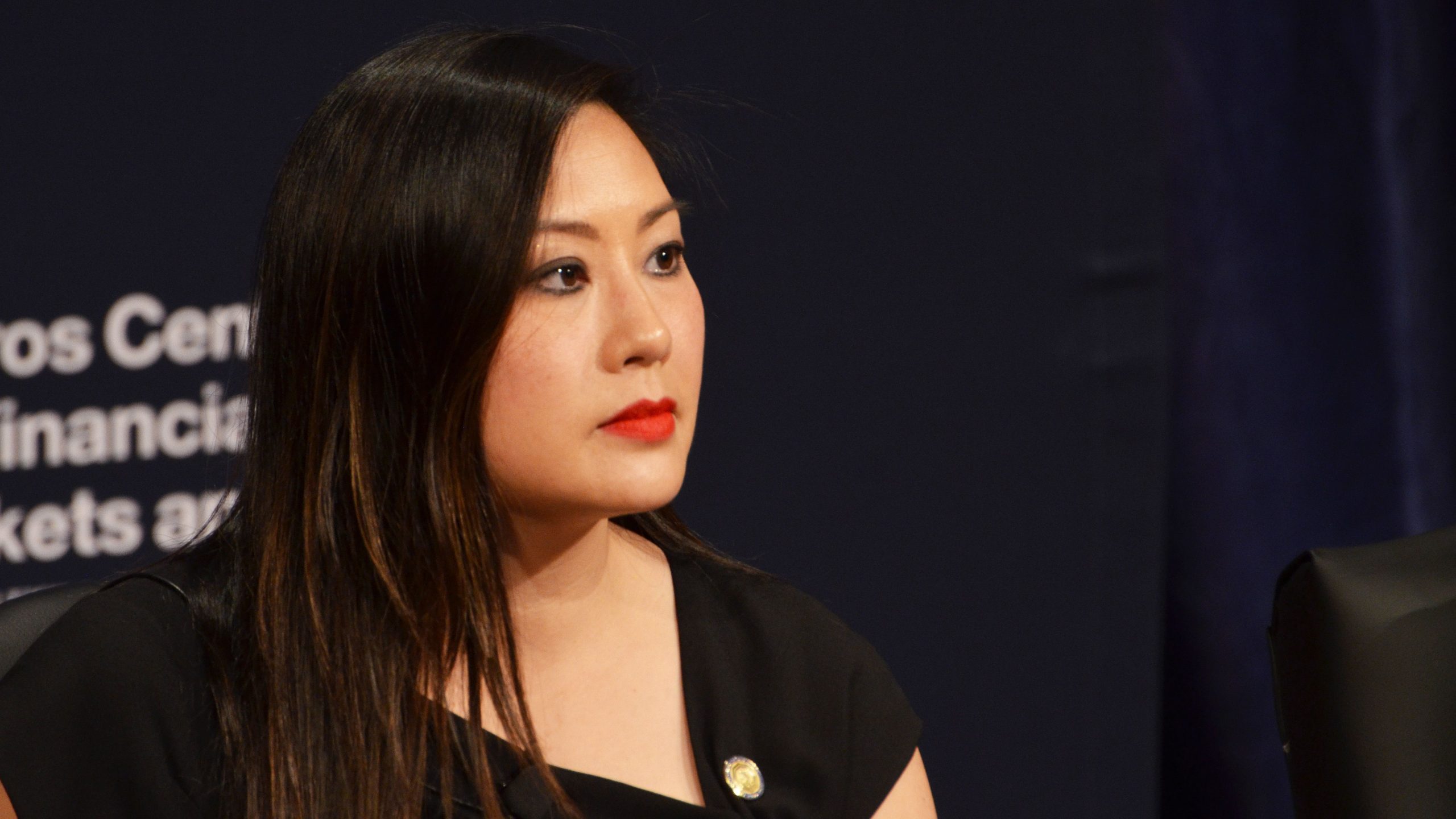CFTC’s Evolving Stance on Prediction Markets
The U.S. Commodity Futures Trading Commission (CFTC) is currently navigating a complex legal landscape regarding prediction market platforms like Polymarket and Kalshi. Caroline Pham, the acting chair of the CFTC appointed by President Donald Trump, emphasizes that the agency’s ongoing legal efforts against these platforms cannot simply be dismissed. Pham has indicated plans to convene a roundtable discussion, likely next month, aimed at gathering expert opinions to shape a comprehensive regulatory strategy for firms that facilitate betting on event contracts.
Despite her consistent opposition over the past years to former Chairman Rostin Behnam’s stringent enforcement policies regarding prediction markets—particularly concerning wagers related to sporting events and U.S. political outcomes—Pham acknowledges that the agency has already taken significant steps that cannot be easily undone. She stated, “Unfortunately, the undue delay and anti-innovation policies of the past several years have severely restricted the CFTC’s ability to pivot to common-sense regulation of prediction markets.” Pham pointed out that the current interpretations of event contracts create a “sinkhole of legal uncertainty” and impose inappropriate restrictions on the new administration’s objectives.
Initiating the roundtable is deemed a critical first step towards establishing a well-rounded regulatory framework that not only supports the growth of prediction markets but also safeguards retail customers from potential fraud, such as binary options scams characterized by misleading marketing and sales tactics. Pham remarked, “This is a necessary first step in order to establish a holistic regulatory framework that will both foster thriving prediction markets and protect retail customers from binary options fraud.”
The CFTC faced an initial setback in its legal battle against Kalshi, when a U.S. federal judge ruled late last year that the agency could not prevent the firm from listing contracts related to elections. In response, the CFTC has appealed to a higher court, with Kalshi arguing in the ongoing legal proceedings that only Congress possesses the authority to ban election betting.
Historically, the CFTC has maintained a position through various rules, orders, and enforcement activities that political betting falls outside the permissible scope of derivatives laws. The agency has expressed concerns that it lacks the capacity to regulate potential market manipulation in these areas, essentially arguing that it would require a role akin to an elections regulator. In the final days of Behnam’s tenure, the agency was actively seeking information regarding Polymarket’s customers from the cryptocurrency exchange Coinbase.
In a notable departure from Behnam’s adversarial approach, Pham has characterized prediction markets as “an important new frontier in harnessing the power of markets to assess sentiment to determine probabilities that can bring truth to the Information Age.” She underscored the need for the agency to “break with its past hostility.”
As Pham leads the agency in the absence of a permanent nominee from Trump, who has yet to appoint someone for the CFTC, she has the opportunity to pursue important policy initiatives. Although the president has appointed a new head for its sister agency, the Securities and Exchange Commission, such confirmations can be protracted. Consequently, whether or not Pham emerges as a leading candidate for the permanent position, she is well-positioned to enact meaningful changes at the CFTC in the interim.







